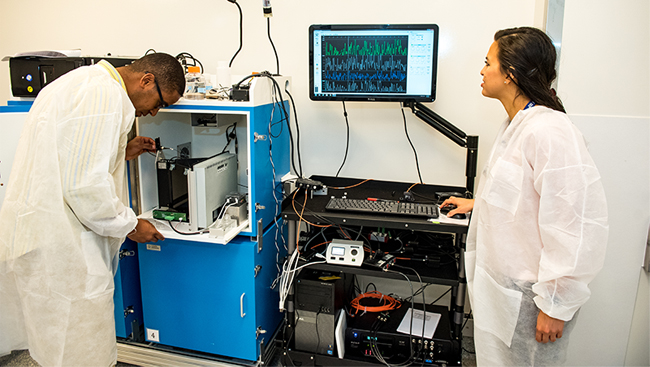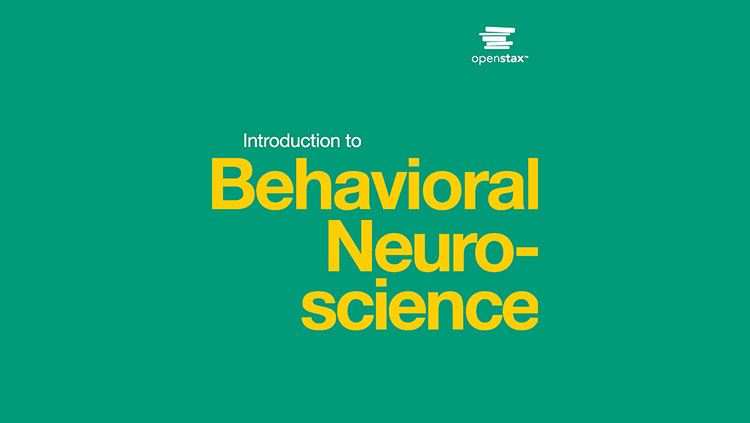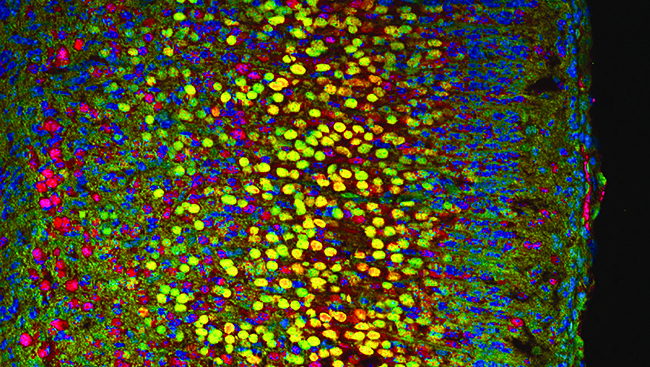Optogenetics is an incredibly powerful technique for investigating neural circuits and brain function. However, there are numerous caveats to consider when designing, conducting, and interpreting results from optogenetic experiments.
SfN members have the opportunity to submit questions about these caveats August 1–30 to Stephan Lammel, Karel Svoboda, and David Kupferschmidt in a Neuronline Community discussion thread.
If you are unable to log in to the forum, please email your questions to digitallearning@sfn.org.
It is encouraged you first watch their video presentation, Module 8A Caveats for Designing and Interpreting Optogenetics Approaches.
Visit the Community forum for all eight modules to share your insights and best practices, ask questions, and engage with other training series’ participants.
Complete this short survey to provide valuable feedback about Module 8 to SfN and the series faculty.
Speakers
Stephan Lammel, PhD
Stephan Lammel is an assistant professor in the department of molecular and cell biology and the Helen Wills Neuroscience Institute at the University of California, Berkeley. His research focuses on understanding how brain circuits that use the neurotransmitter dopamine contribute to different aspects of motivated behavior. He earned his PhD in neuroscience from Philipps-University in Marburg (Germany) and completed his postdoctoral training at Stanford University.
Karel Svoboda, PhD
Karel Svoboda is a senior group leader at HHMI’s Janelia Research Campus. Svoboda’s work is at the intersection of neuronal biophysics and cognition. A current focus is to identify core principles underlying information processing in cortical circuits and related structures in the context of planning and execution of voluntary movements. He is also developing new methods to interrogate neural function in intact brains. Previously, he was a principal investigator at Cold Spring Harbor Laboratories. Svoboda earned a PhD in biophysics from Harvard University and was a postdoctoral fellow at Bell Laboratories.
David Kupferschmidt, PhD
David Kupferschmidt is the staff scientist for the Integrative Neuroscience Section at NIH National Institutes of Neurological Disorders and Stroke. In collaboration with principal investigator Joshua Gordon, Kupferschmidt guides research into the neural circuit basis of working memory and its dysfunction in mouse models of genetic susceptibility to neuropsychiatric disease, particularly schizophrenia. He earned his PhD in psychology from the University of Toronto, studying the neurochemistry of stress and relapse to drug seeking. During his postdoctoral training at NIH National Institute on Alcohol Abuse and Alcoholism, Kupferschmidt combined neurophysiology with optical, viral, and transgenic tools to assess synaptic and circuit mechanisms of skill and habit learning.











